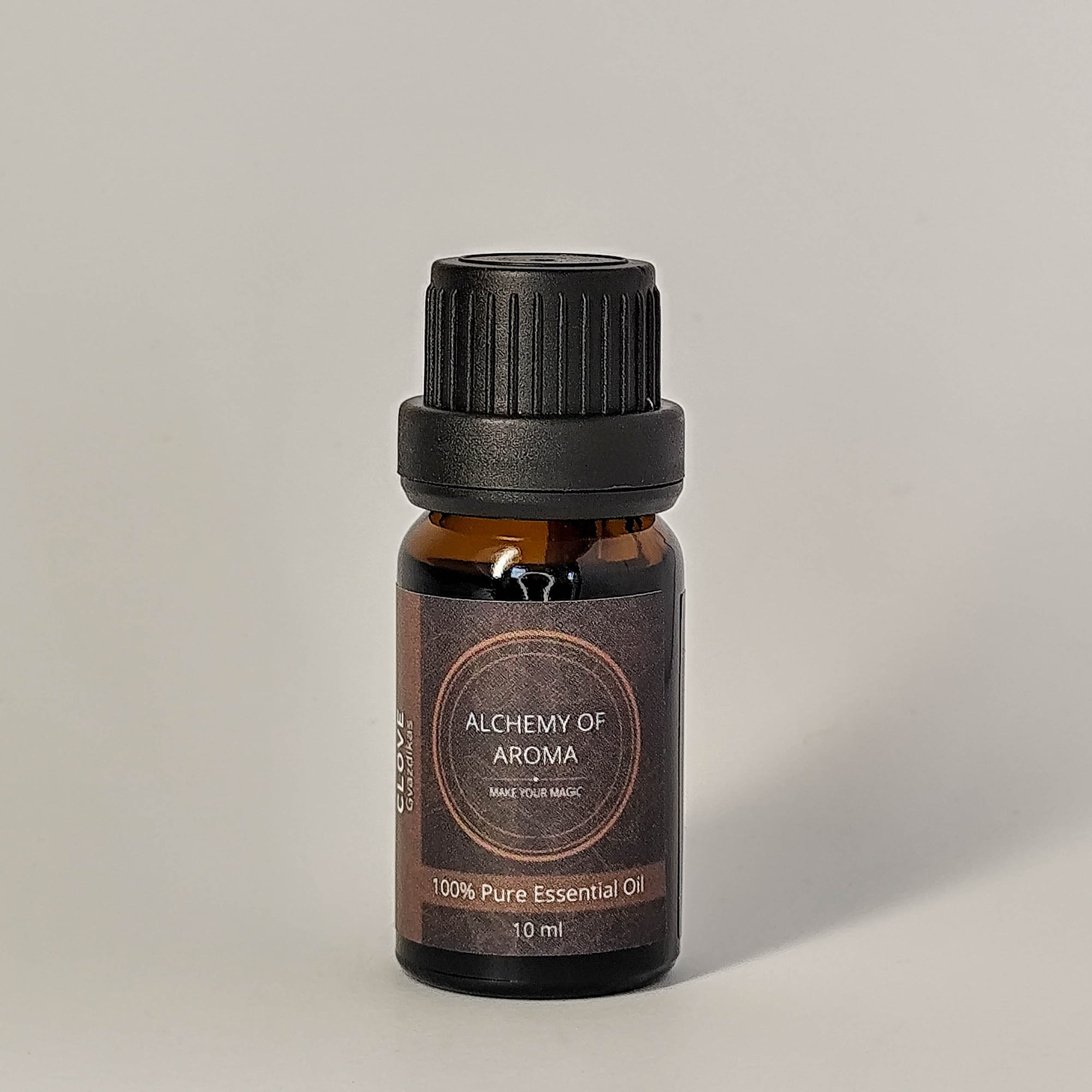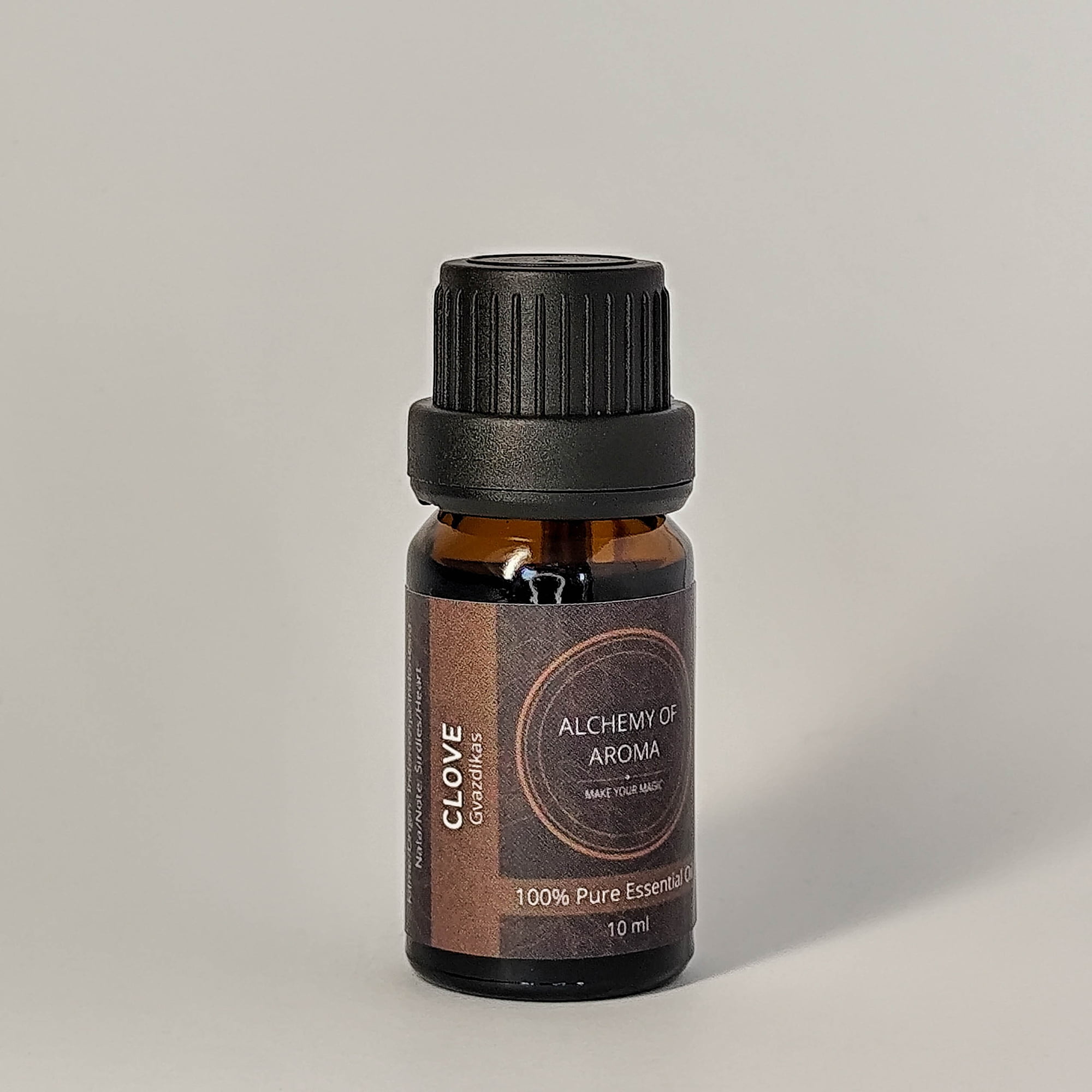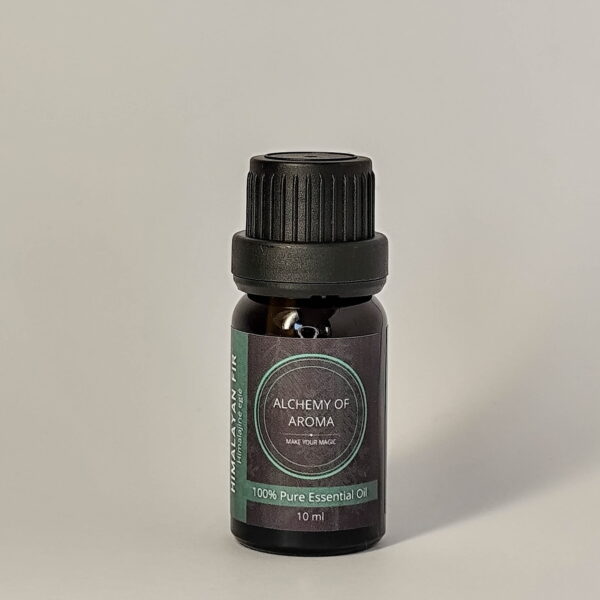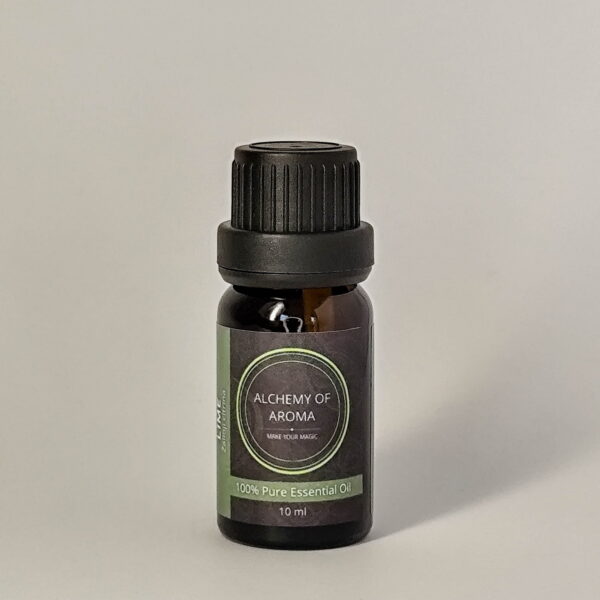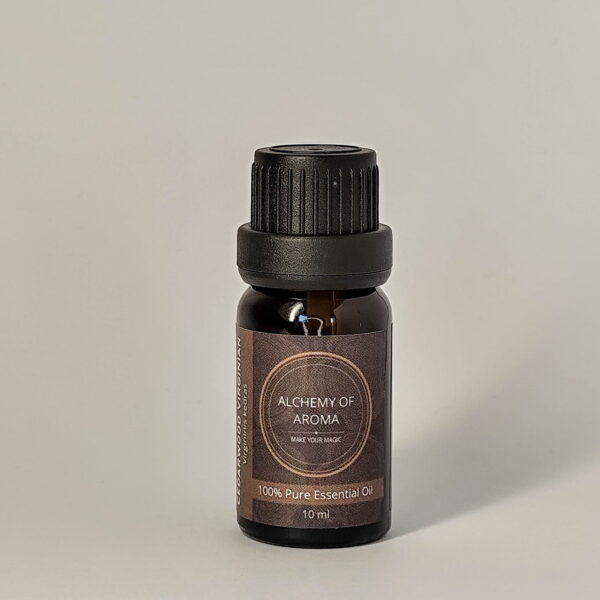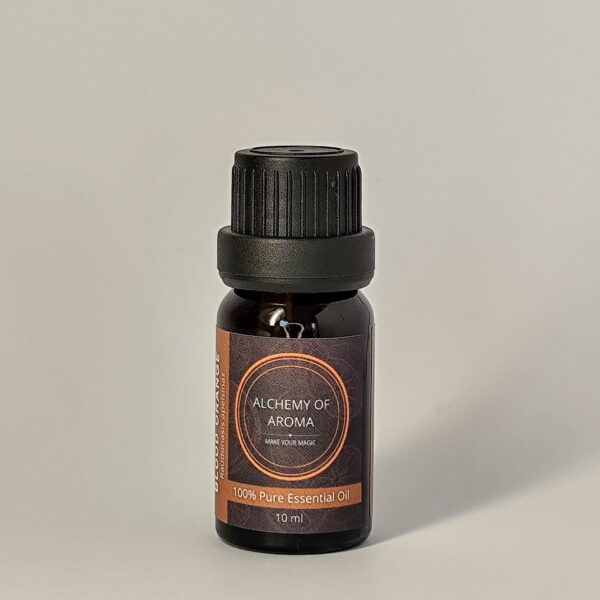- Product description
- Guidelines for perfumery
- Guidelines for aromatherapy
- Safety tips
Clove essential oil is renowned in the realm of aromatherapy for its warm, spicy, and invigorating aroma. This potent essential oil possesses numerous therapeutic properties that can significantly enhance mental and physical well-being. Known for its ability to relieve stress, clove essential oil is often utilized to create a calming and soothing atmosphere. In the world of perfumery, clove essential oil is highly esteemed for its rich, spicy, and warm fragrance that adds depth and complexity to various scent compositions. Historically, clove oil has been a valued component in numerous traditional fragrances, contributing its distinctive aroma to create memorable olfactory experiences.
Uses in Perfumery:
- Middle Note: Clove oil is often used as a middle in perfumes due to its warm, spicy, and rich aroma. It adds depth and complexity to fragrance compositions, providing a lasting and grounding effect.
- Enhancing Warmth: Clove oil imparts a warm and comforting aroma, making it ideal for autumn and winter fragrances. It enhances the warmth and coziness of a perfume, adding a distinctive touch of spice.
- Complementing Sweet and Fruity Notes: Clove oil blends well with sweet and fruity notes, such as vanilla, orange, and cinnamon. This makes it a versatile ingredient for creating balanced and harmonious fragrance compositions.
Aromatherapy benefits:
- Pain Relief: Clove oil is renowned for its analgesic and anti-inflammatory properties. When diluted and applied topically, it can help relieve muscle and joint pain, toothaches, and headaches. It is a common ingredient in natural pain relief blends.
- Digestive Aid: Clove oil can help alleviate digestive issues such as bloating, indigestion, and nausea. Inhalation or topical application (diluted in a carrier oil and massaged onto the abdomen) can support digestive health and ease discomfort.
- Skin Care: Clove oil can benefit the skin by helping to treat acne, wounds, and infections. Its antiseptic and antimicrobial properties make it effective in promoting clear and healthy skin when used properly.
Related
Understand the Notes:
- Top Notes: Light, fresh, and evaporate quickly (e.g., citrus oils like lemon and bergamot).
- Middle Notes: The heart of the fragrance, balancing top and base notes (e.g., lavender, rosemary).
- Base Notes: Long-lasting and grounding (e.g., vetiver, patchouli, sandalwood).
Creating a Blend:
- Start with a 30:50:20 ratio of top, middle, and base notes.
- Experiment with different combinations to find your unique scent.
Dilution:
- Always dilute essential oils in a carrier oil (such as jojoba, sweet almond, or fractionated coconut oil) or alcohol (like perfumer’s alcohol) before applying to the skin.
- A common ratio is 15-30 drops of essential oil per 30ml (1 ounce) of carrier oil.
Aging Your Blend:
- Allow your blend to age for at least a few days, preferably a few weeks, to let the scents meld and mature.
- Store in a cool, dark place and shake occasionally.
Inhalation:
- Diffusers: Add 5-10 drops of essential oil to an ultrasonic diffuser filled with water.
- Steam Inhalation: Add 1-2 drops to a bowl of hot water, cover your head with a towel, and inhale deeply.
Topical Application:
- Dilution: Dilute essential oils in a carrier oil before applying to the skin. A common dilution is 2-3 drops per teaspoon (5ml) of carrier oil.
- Massage: Use the diluted oil for a soothing massage. Common areas include the neck, shoulders, and feet.
- Roller Bottles: Fill a roller bottle with a carrier oil and add essential oils. Apply to pulse points like wrists, temples, and behind the ears.
- Patch Test: Before using a new product on your skin, perform a patch test. Apply a small amount of the diluted product to a patch of skin and wait 24 hours to check for any adverse reactions.
- Avoid Sensitive Areas: Do not apply to sensitive areas such as the eyes, ears, mucous membranes, or broken skin.
- Pregnancy and Nursing: Consult a healthcare professional before using our products if you are pregnant, nursing, or have a medical condition.
- Children and Pets: Use caution when using our products around children and pets. Always research or consult a professional regarding safe usage.
- Photosensitivity: Certain essential oils, especially citrus oils like bergamot, lemon, and lime, can cause photosensitivity, increasing the risk of sunburn. Avoid sun exposure for 12-24 hours after applying these oils to the skin.
- Storage: Store in a cool, dark place, away from direct sunlight and heat. Keep them out of reach of children and pets.


